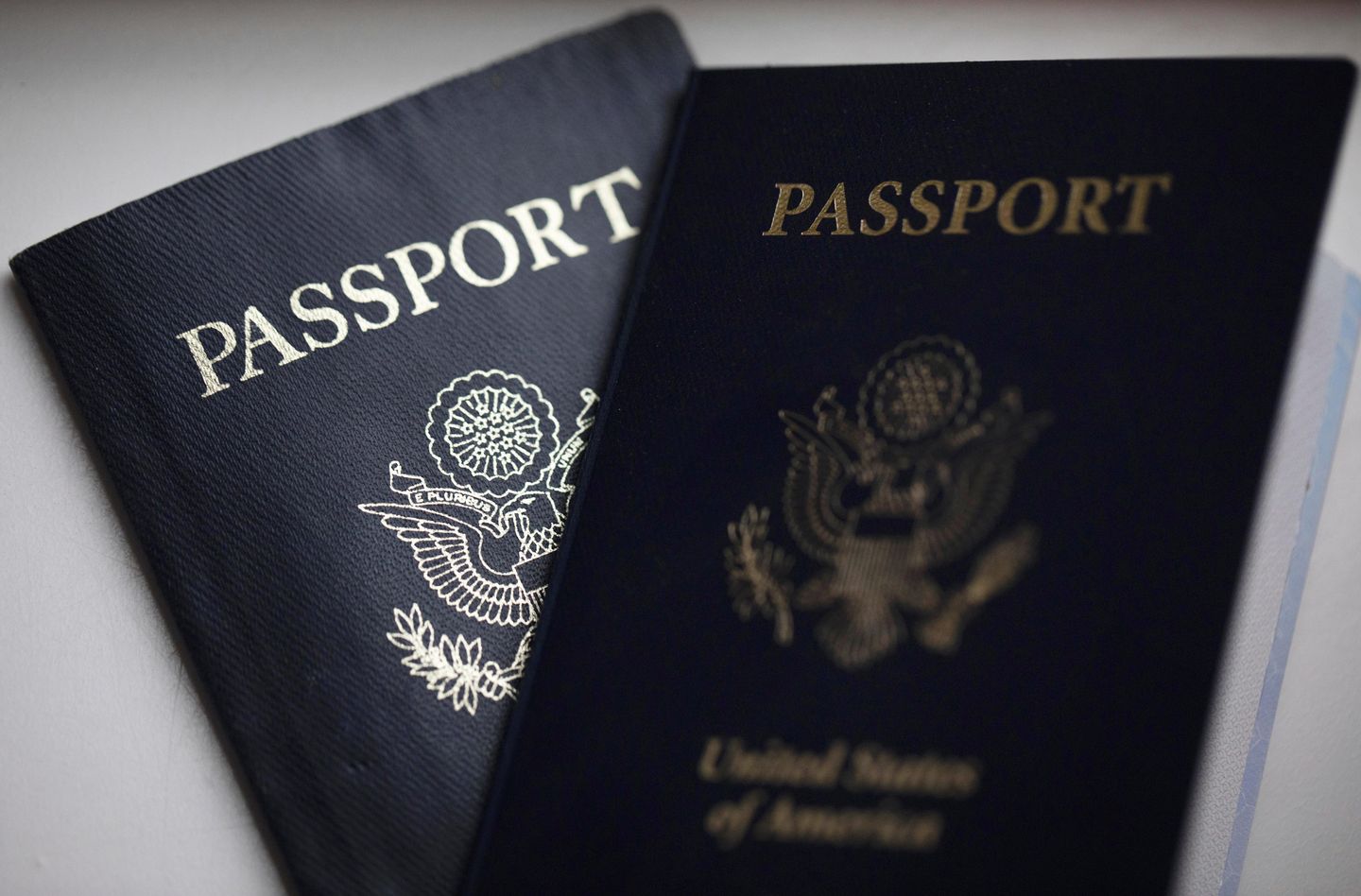
President Trump took the transgender fight back to the Supreme Court on Friday, asking the justices to block lower court rulings that would force him to issue passports conforming to applicants’ own gender identity, saying it’s at odds with “scientific reality.” Here’s what you need to know about the passport gender identity case:
The Supreme Court petition
Trump seeks stay of lower court rulings on passport policy:
- Solicitor General D. John Sauer said passports aren’t places for free speech or individual expression but rather are form of communication with other governments that falls under president’s foreign policy powers
- “A U.S. passport is a government document; it represents the speech of the government, not respondents,” he said
- Sauer asked justices to issue stay blocking lower court rulings from taking effect while case continues to develop
- Refusing to let president set policy infringes on his powers, according to filing
The policy changes
Trump revokes Biden-era gender identity options:
- President Biden created gender identity-friendly passports, letting Americans select M or F or even X as they chose
- Trump issued executive order revoking that and returning to previous situation for passports to “accurately reflect the holder’s sex”
- Trump said that was safer and more secure than relying on “subjective sense of self”
- New policy requires passports to reflect biological classification rather than gender identity
The legal arguments
Administration frames issue as presidential foreign policy authority:
- “That policy is eminently lawful. The Constitution does not prohibit the government from defining sex in terms of an individual’s biological classification,” Sauer told justices
- Filing asks high court to block lower court rulings on matter
- Administration argues passport content falls under president’s constitutional foreign policy powers
- Case presented as government speech issue rather than individual rights matter
The lower court rulings
Federal judges blocked Trump’s passport restrictions:
- U.S. District Judge Julia Kobick, Biden appointee to court in Massachusetts, had issued injunction erasing Trump’s policy nationwide
- She ruled that restriction amounted to unlawful discrimination on basis of sex, citing 2020 Supreme Court case that found employment discrimination against transgender people illegal
- 1st U.S. Circuit Court of Appeals backed Judge Kobick’s ruling
- Lower courts found policy violated constitutional protections against sex discrimination
The Supreme Court precedent
Administration cites recent transgender ruling as support:
- Sauer said case is closer to last term’s Supreme Court ruling involving medical treatment for transgender children
- In that case, justices didn’t find sex discrimination in state laws restricting such treatment
- Administration argues this precedent supports their position on passport restrictions
- Suggests Court may be more receptive to government authority arguments on transgender issues
Read more:
• Donald Trump asks Supreme Court to block gender identity passports
This article is written with the assistance of generative artificial intelligence based solely on Washington Times original reporting and wire services. For more information, please read our AI policy or contact Ann Wog, Managing Editor for Digital, at awog@washingtontimes.com
The Washington Times AI Ethics Newsroom Committee can be reached at aispotlight@washingtontimes.com.











